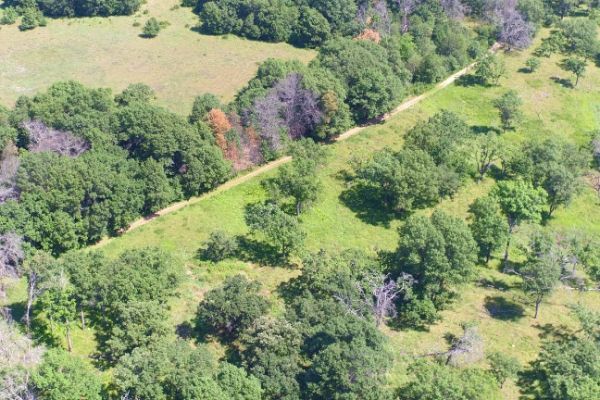Published in the journal Nature Ecology & Evolution, researchers examined 37 years of data tied to plant biodiversity (i.e., number of different species) and plant productivity (i.e., biomass or amount of plants) related to 21 grasslands and savannas in Minnesota. Most of these fields had been ploughed and abandoned for agricultural use between one and 91 years prior.
Researchers then compared the plots to nearby land that has not been significantly impacted by human activity. The study found that:
- local grassland plant diversity increased significantly over time, but incompletely recovered, and plant productivity did not significantly recover;
- one year after abandonment, the fields had, on average, 38% of the plant diversity and 34% of the plant productivity for the land that was never ploughed;
- 91 years after abandonment, the fields had 73% of the plant diversity and 53% of the plant productivity.
Continue reading at University of Minnesota
Image via University of Minnesota


